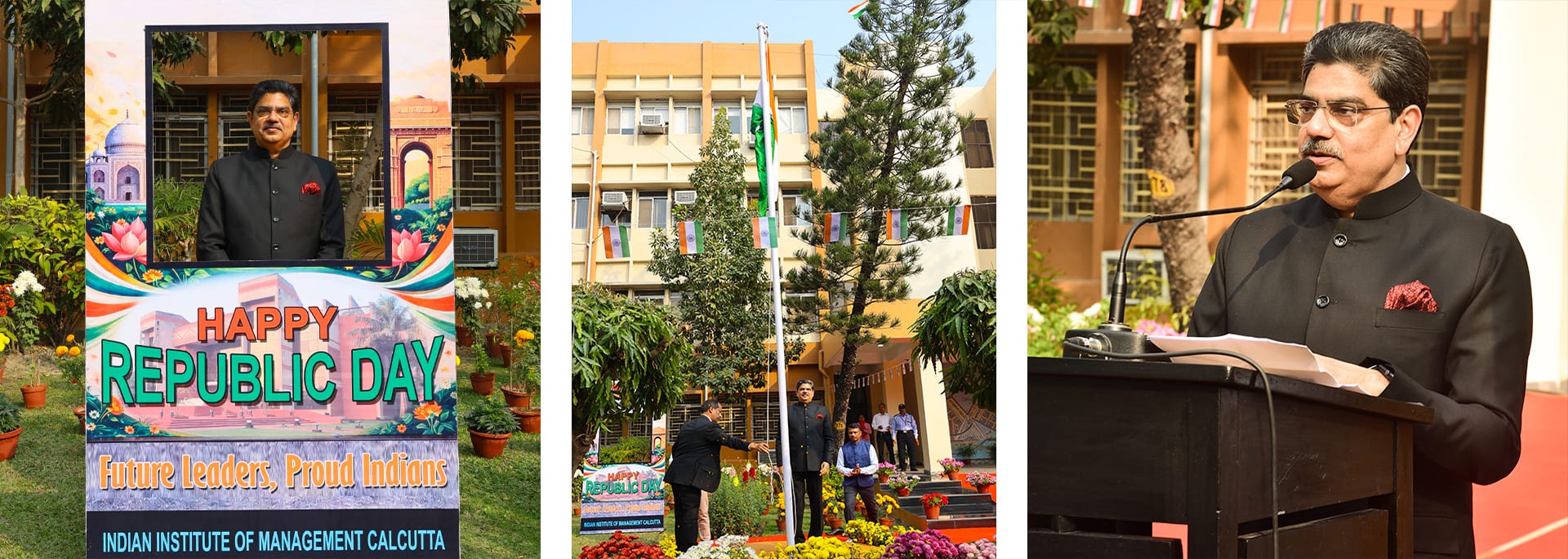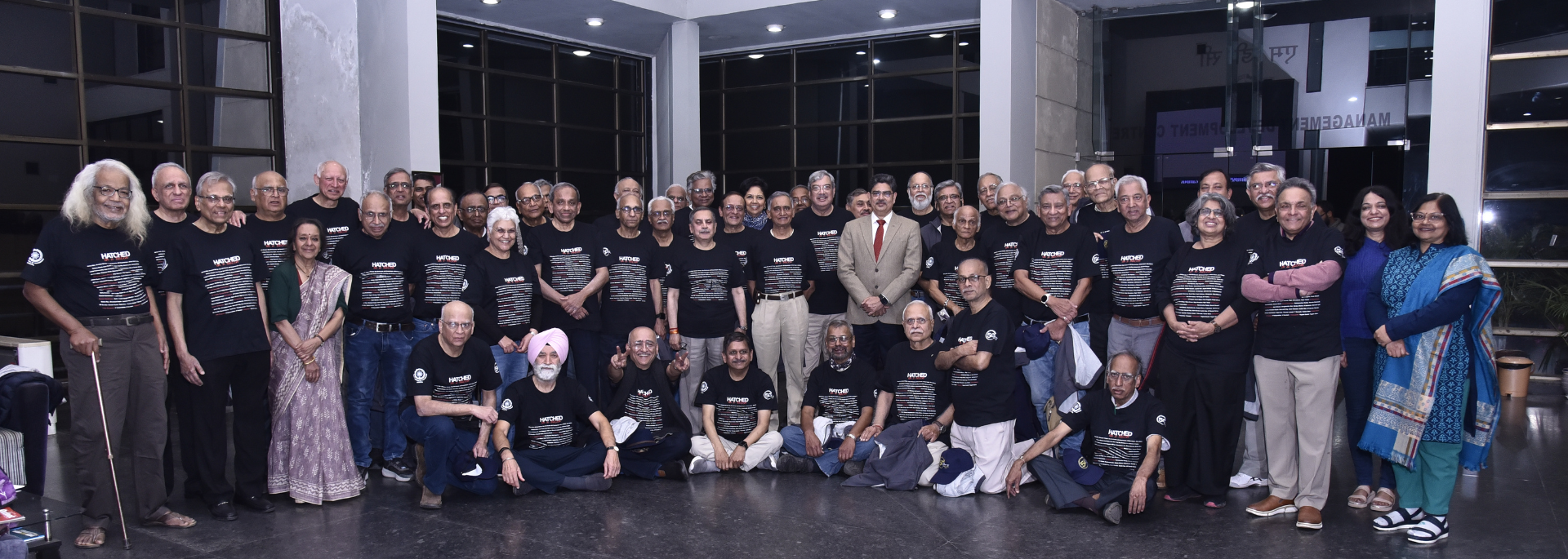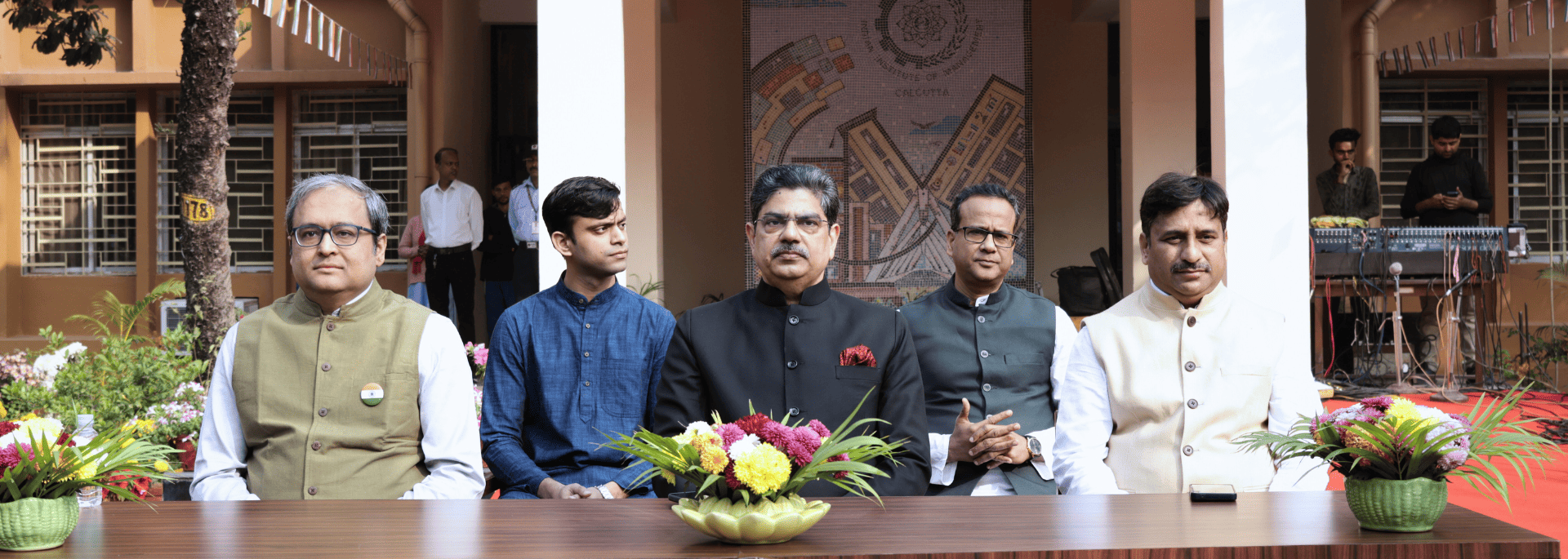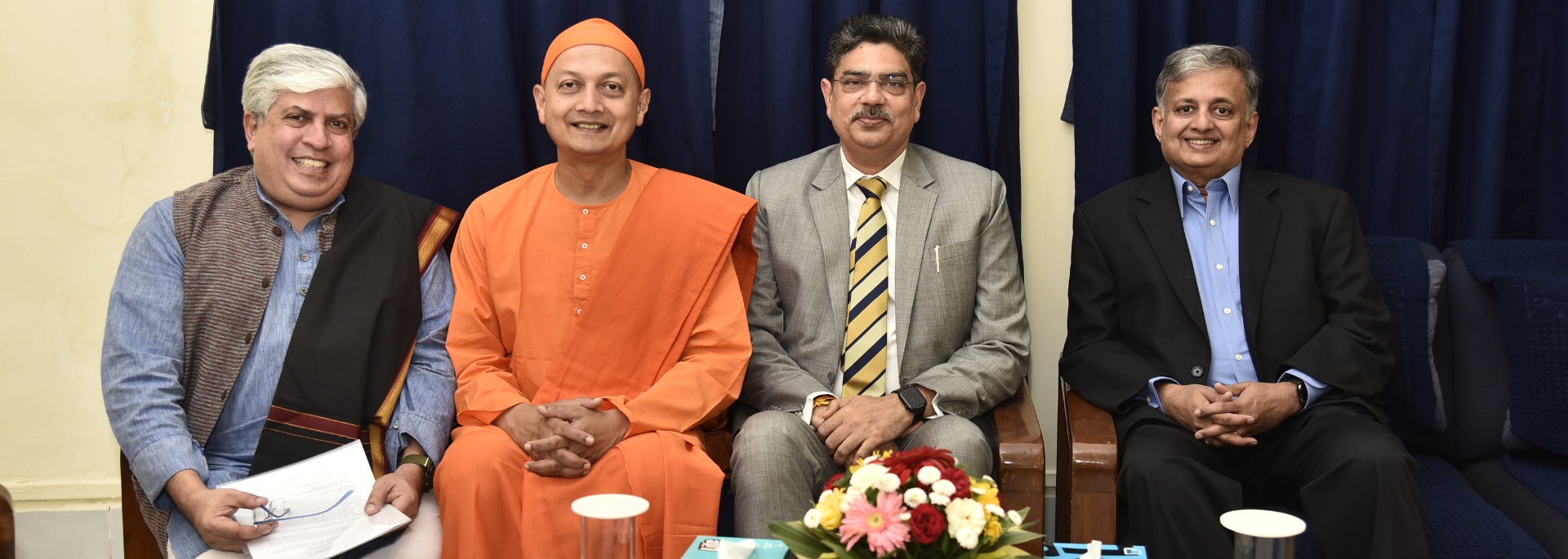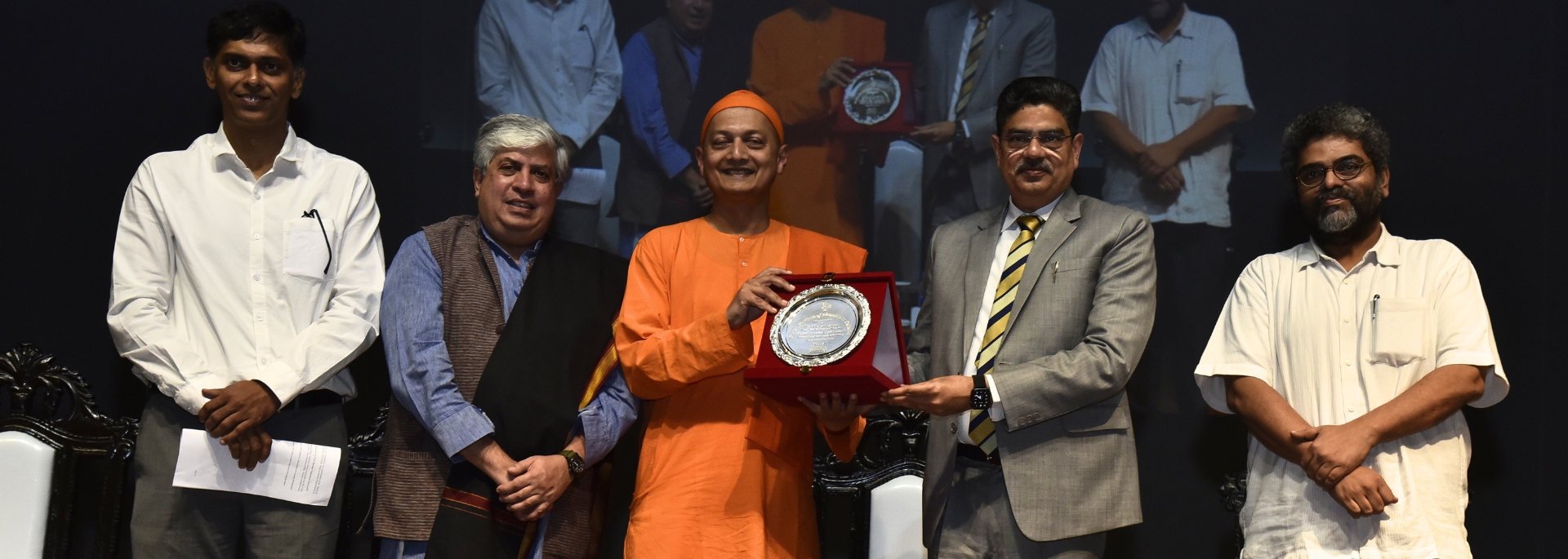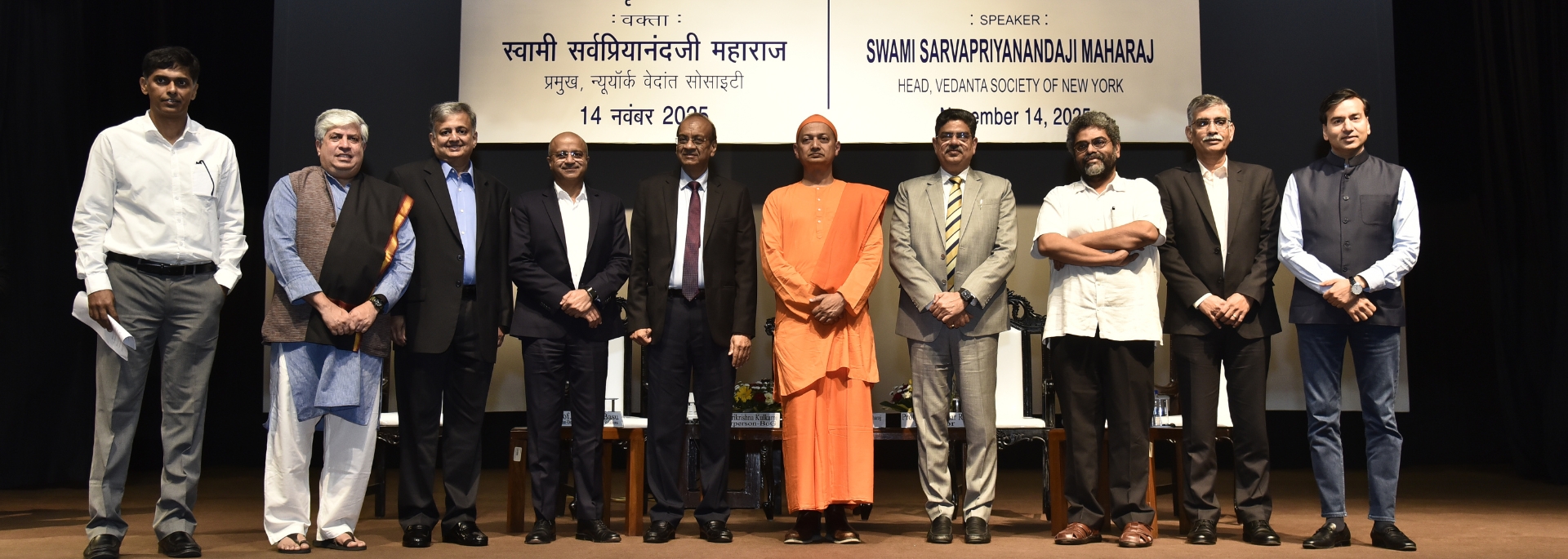
The book presents a critical reading of Radhakamal Mukerjee's oeuvre. Yet, in its attempt to situate Mukerjee in the history of the discipline, it explores a larger set of questions that go beyond the life and times of a pioneer. It explores the making of collective disciplinary memory and distinctive national sociological traditions. The book underlines the inherent plurality, contestation and dynamism of the sociological tradition in India. It also examines the centrality of the indigeneity question in the discourses and contemporary practices of the discipline. It documents the past scholarly efforts to question the historical privileging of Europe in the context of modern social sciences. Not only did Mukerjee challenge Europe's position of centrality in terms of modern knowledge systems, but also conceived of the alternative frameworks of understanding human action, meanings and purposes. Viewed thus, the book contributes towards contemporary endeavours to historicise the growth and development of sociology in India.
About the Author:
Manish Thakur is Associate Professor at the Public Policy and Management Group of the Indian Institute of Management Calcutta. Previously, he was lecturer in sociology at Goa University (1997-2007), and was a Fellow at the Indian Institute of Advanced Study, Shimla (2011-13). He is the author of Indian Village: A Conceptual History (Rawat, 2014). His published research deals with rural development knowledge institutions and discourses, political culture, disciplinary practices, social movements and public policy.


